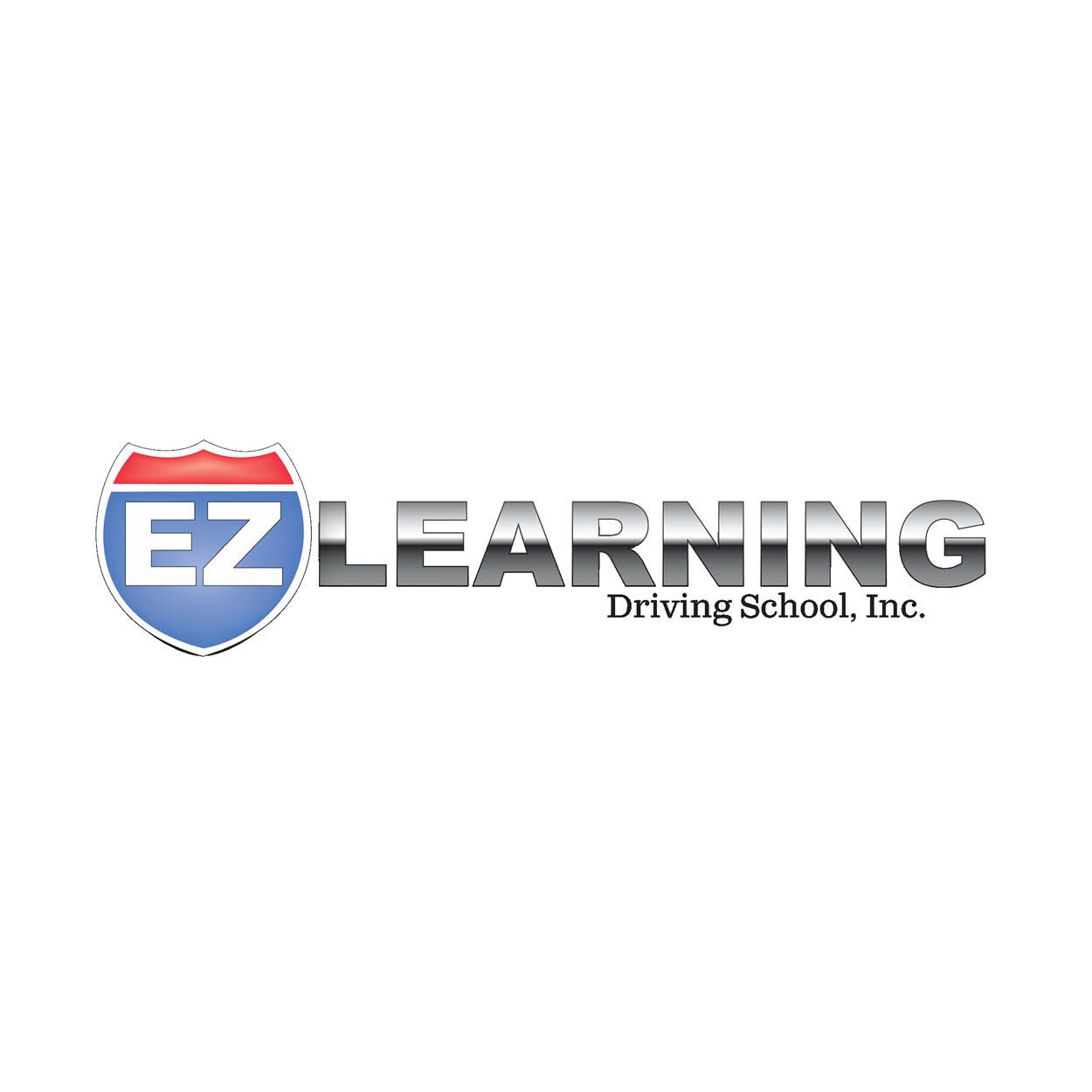Safeguarding Our Future: The Importance of Safety Education for Children
Safety education plays a critical role in equipping children with the knowledge and skills necessary to protect themselves and others from potential hazards. Teaching children about road safety, fire safety, and other safety measures empowers them to make informed decisions, develop responsible behaviors, and create a safer environment for themselves and their communities. In this article, we will explore the significance of safety education for children, highlighting its impact on their well-being, independence, and overall development.
Ensuring Road Safety
Road safety education is crucial for children as they navigate their surroundings. Teaching children about traffic rules, pedestrian safety, and responsible road behavior instills in them the knowledge and awareness needed to stay safe while crossing streets or traveling as passengers. By educating children about road signs, traffic lights, and safe crossing practices, we equip them with the tools to make informed decisions and develop good road safety habits. This education fosters a sense of responsibility and helps reduce the risks associated with road accidents, enabling children to become confident and cautious road users.
Preventing Fire Hazards
Fire safety education is essential for children to understand the potential dangers of fires and how to prevent and respond to them effectively. Children should learn about fire prevention measures, such as not playing with matches or lighters and being mindful of electrical appliances. They should also be educated on the importance of having smoke detectors and fire extinguishers in the home. Teaching children evacuation plans, emergency procedures, and basic first aid skills ensures they are prepared to respond calmly and appropriately in case of a fire emergency. Fire safety education empowers children to become proactive and responsible individuals who can protect themselves and others from potential fire hazards.
Promoting Personal Safety
Safety education goes beyond road safety and fire safety. It encompasses teaching children about personal safety in various contexts. Children should be educated about personal boundaries, safe online practices, and strategies to handle potentially dangerous situations, such as emergencies or encounters with strangers. By equipping children with knowledge and skills to identify and respond to potential risks, we enhance their personal safety and build their confidence in navigating the world. Safety education encourages children to trust their instincts, seek help when needed, and develop the resilience and self-advocacy necessary to protect themselves from harm.
Instilling Responsible Behavior
Safety education instills responsible behavior in children. By teaching them about safety rules, precautions, and potential hazards, children develop an understanding of the consequences of their actions and the importance of responsible decision-making. They learn to assess risks, make informed choices, and prioritize their own safety and the safety of others. Safety education promotes a sense of accountability and empowers children to become proactive advocates for safety, encouraging them to lead by example and educate their peers and family members about the importance of safety practices.
Fostering Independence and Confidence
Safety education nurtures children's independence and confidence. When children are equipped with the knowledge and skills to keep themselves safe, they gain a sense of autonomy and self-assurance. They feel empowered to explore their surroundings, engage in age-appropriate activities, and take calculated risks. By fostering independence, safety education allows children to develop essential life skills and gradually assume greater responsibility for their personal safety.
Safety education is a fundamental aspect of a child's development, equipping them with the knowledge, skills, and confidence to navigate their environment safely. By prioritizing road safety, fire safety, and personal safety education, we empower children to make responsible choices, mitigate risks, and protect themselves and others from potential hazards. Safety education fosters independence, cultivates responsible behavior, and ensures the well-being of children as they grow and explore the world. As parents, educators, and community members, it is our responsibility to provide comprehensive safety education to children, enabling them to thrive in a secure and protected environment.
About the Author
Contact Doug Stout at
Doug@thefranchiseconsultingcompany.com.











